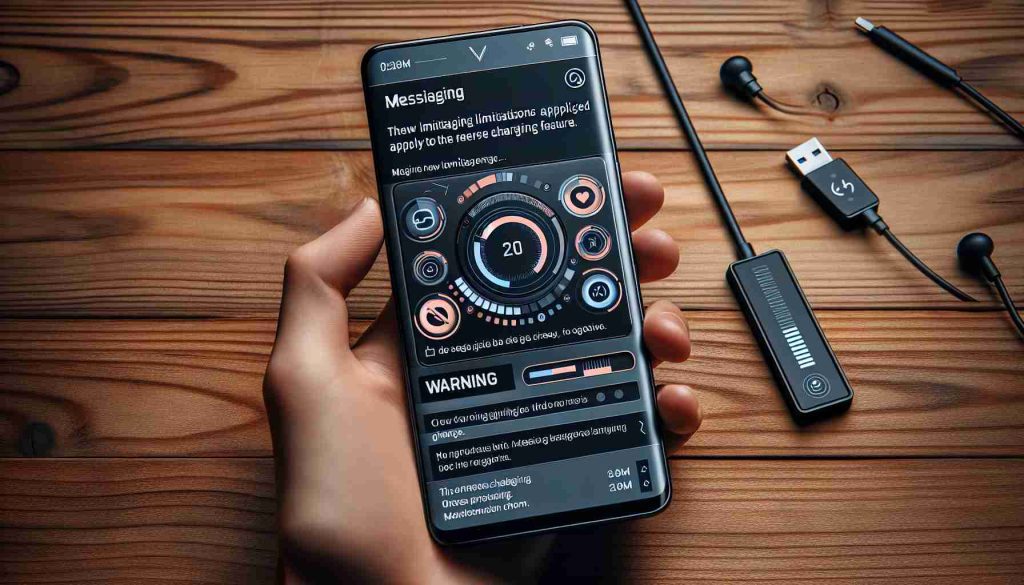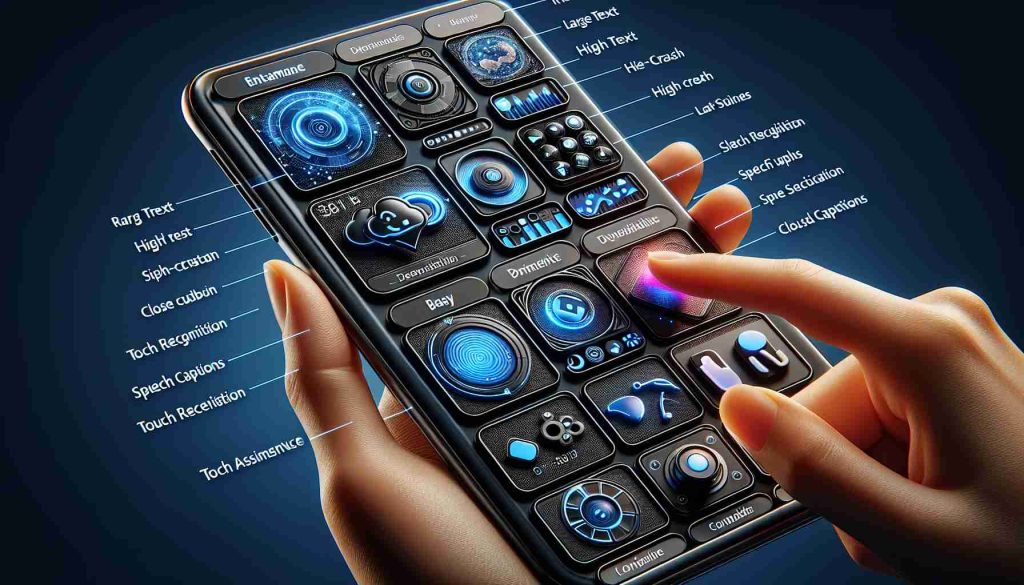The debate over mobile phone usage and its potential to cause brain cancer has long been contentious, with various studies presenting conflicting evidence. A pivotal study commissioned by the World Health Organization (WHO) and conducted by Australian researchers highlights that after an extensive 28-year review of data, there is no substantial evidence connecting mobile phone use to an increased risk of brain cancer.
This extensive research involved a critical analysis of over 5,000 individual studies and focused particularly on human observational data from 1994 to 2022. The outcomes concluded that there is no significant correlation between the frequency of mobile phone calls or the duration of usage and the incidence of various types of cancers including glioma and meningioma.
Moreover, the study indicated that radiation from mobile phone towers does not elevate cancer risk in children, suggesting that the overall influence of mobile technology on health may be minimal. While some earlier studies had suggested a potential risk, the current comprehensive analysis suggests an imperative shift in perception regarding mobile phones and brain cancer association.
Despite these findings, researchers urge caution, particularly regarding children, and acknowledge the necessity for ongoing studies, especially in light of emerging technologies like 5G. Public health experts emphasize the importance of future research to further investigate any health effects tied to these devices, ensuring a balanced understanding of their impact on human health.
Recent Study Finds No Link Between Mobile Phone Use and Brain Cancer
The contentious debate surrounding mobile phone usage and its potential link to brain cancer has continued to evolve. Recent comprehensive research, commissioned by the World Health Organization (WHO) and conducted by a team of Australian researchers, brings new insights into this ongoing discussion. A key takeaway from the study is the finding that after analyzing 28 years of data, there is no substantial evidence to suggest that mobile phone use is associated with an increased risk of brain cancer, specifically conditions such as glioma and meningioma.
What Questions Are Central to This Topic?
1. Is there any causal relationship between mobile phone radiation and brain cancer?
– Answer: The study indicates that there is no causal relationship established between mobile phone radiation and brain cancer, based on extensive analysis of observational data and previous studies over nearly three decades.
2. Should concerns still remain for vulnerable populations, such as children?
– Answer: While the study largely dismisses a significant risk, researchers emphasize the need for continued monitoring and study, particularly considering that children may be more susceptible to environmental factors.
3. How does the advent of 5G technology impact these findings?
– Answer: The researchers call for ongoing investigation into the long-term health effects of newer technologies like 5G, which operate at different frequencies but have not yet been comprehensively studied for their potential health impacts.
Key Challenges and Controversies
While this new study represents a significant body of evidence, the topic is still fraught with challenges and controversies. A few of them include:
– Variability in Study Designs: Different studies often utilize varying methodologies, leading to inconsistencies in outcomes. Some studies have suggested potential links, while others, like the recent WHO-funded study, show no correlation.
– Public Perception and Fear: Despite scientific findings, public fear regarding mobile phones and health issues persists. Misinformation spread via social media can amplify these fears unjustifiably.
– Regulatory Challenges: Different countries have varying regulations regarding mobile phone radiation, which can lead to discrepancies in safety standards and public health messaging.
Advantages and Disadvantages of Mobile Phone Use
Advantages:
– Connectivity: Mobile phones enhance communication, allowing individuals to stay connected across vast distances.
– Access to Information: Smartphones provide instantaneous access to information, which can be critical in emergency situations or for obtaining health-related advice.
– Convenience and Productivity: The multifunctionality of mobile phones enables users to manage their daily tasks and improve their productivity significantly.
Disadvantages:
– Health Concerns: Ongoing debates about the health implications of long-term mobile usage remain, despite recent findings.
– Distracted Driving: Mobile phone use can lead to increased rates of accidents due to distracted driving.
– Privacy Risks: The proliferation of mobile technology raises concerns about data privacy and security, with personal information at risk of exposure.
In conclusion, the relationship between mobile phone use and brain cancer continues to be a critical topic of research. The latest study signals a need to reevaluate past concerns while maintaining a cautious approach, especially towards emerging technologies and their long-term effects. Future research will be key in shaping public health guidelines and regulations.
For more detailed information and ongoing research updates, visit the following links: World Health Organization and American Cancer Society.























